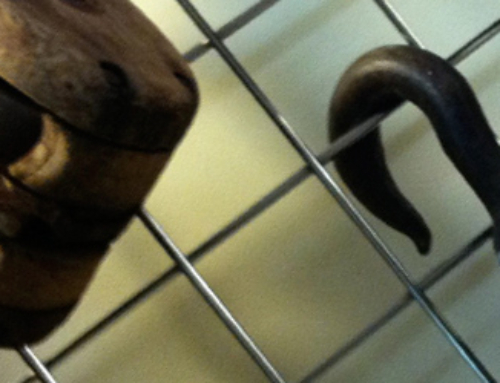Sam Storm once wrote, “Worship is a feast where God is the host, the cook, the waiter and the meal itself.”
Let’s face it. There are many feasts out there and for the most part those feasts only fill a certain facet of the hunger of a soul that cries out for something to ease the ache of a craving, yet it never fully satisfies. When we come to the table of Christian Spirituality (in essence Messianic Judaism) we come to a feast where the Creator God invites us saying, “Come to me all who labor and are heavy laden…” As the cook of the meal Christ calls to us, “take my yoke upon you.” As the waiter Jesus says, “and I will give you rest.” And as the meal itself, Christ tells us “Take, eat, this is my body” and “This is my blood of the New Covenant, shed for the remission (in the Greek: aphesis: freedom) of sins.” Christ says, “Come join me in this glorious exchange. I will take care of your needs, for I have created this feast for you and I have created you for this feast. I know this feast will hit your deepest spot of longing, because I am the feast.”
Really, it often seems that spiritual life in the United States is a battle of the feasts. It’s as if it’s a battle of fast food versus one of a large Thanksgiving buffet. No one stops in the middle of their second helping of turkey and collard greens to say, “Boy, I sure could use a Big Mac.” And someone eating fast food will be hungry again by dinner, but someone just finishing Thanksgiving dinner might not grow hungry again for 24 hours. As feeble as an illustration as this is, the point is that humanity in general is that same battle being brawled out in the spiritually hungry wherever there is spiritual beings called humans.
Jesus said, “Blessed are those who hunger and thirst after righteousness, for they will be filled.” I’m talking about more than the hunger pains between breakfast and lunch, or the “agony” that occurs if you miss one. I’m talking: haven’t eaten for weeks, or a month…or more. In the Greek the word here for hunger is peinaō, which means: to famish, or to crave. Jesus says, “Blessed are those who are famished and craving me with everything they’ve got.” It’s sort of a case of “You are what you eat” because (really) that’s what happens. As you partake of this triune Creator God it changes you. Your passions change, your desires change, your paradigm of God, culture, and life changes. As the late Christian musician Rich Mullins once said, “Christianity isn’t something you do, it’s something that does you.”
It’s really incredible what happens here. God says, “Blessed are you if you hunger and ache,” but as we ache, we ache with an ache that we only have because He put the ache inside of us. And then the object of our hunger is righteousness. This righteousness is not a self righteousness, but a righteousness from and of God. So pretty much what Jesus is saying is: “Blessed are you if you ache for me.” But this ache is something that He gives us, and as we abandon to this He rewards us. The reward (this “Blessing”) is more than a happy emotional state, it’s a spiritual well being, it’s the approval of God and a leading into a happier destiny. So in the end, God is putting a hunger inside of us to hunger for Him, and when we hunger for Him with the hunger He puts inside of us He rewards us for it. Cool.
This blessing is something incredible, but even more inconceivable is this ache. Blessing is something we all crave. Within generations of Christian marketing we hear “Come to Jesus and get blessed”, but there is (I believe with my whole heart) something greater. It’s the truth to the story. Very often what we think is “Come to Jesus and get blessed,” but what is really happening is an invitation that reads:
“Come to Jesus and He will kill your old man, and consume you and give you blessing greater than you’ve ever thought possible.”
Colossian 3:2-4 says it best as it reads, “Set your minds on things above, not on earthly things. For you died, and your life is now hidden with Christ in God. When Christ, who is your life, appears, then you also will appear with Him in glory.” He calls us to die and be found in Him. This is our reward, and if you tried to explain it in a book, capture it in a picture, or weave it into a sonnet to be sung for an eternity, all efforts would be dimmed by the greatness of this truth.




